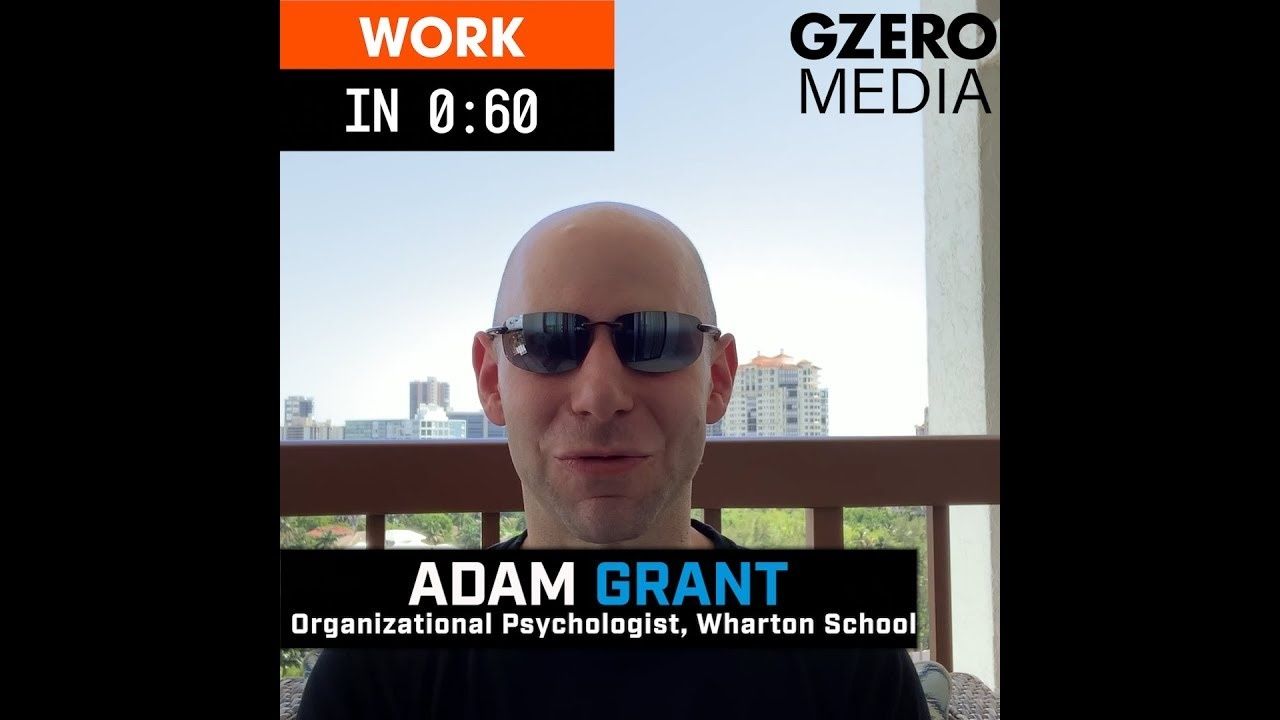Work In 60 Seconds
Should you trust someone who pitches an idea with confidence?

When somebody pitches an idea with confidence, should you trust them?

When somebody pitches a new idea with a lot of confidence, should you trust them?
It depends on where they sit in the hierarchy. In a rigorous new study, managers actually overestimated the value of their own ideas by 42%. Whereas employees underestimated the value of their own ideas by 11%. Managers were overconfident. As they gain power, they privilege their own perspectives. Whereas employees were a little under confident. They said, "Well I don't really know what I'm doing and they second guess themselves." I think that means that managers need to stop falling in love with their own ideas and start listening to the people below them.
One of the easiest ways to do that is to run an innovation tournament - a contest for new ideas. A great example comes from Dow Chemical. They could put out a call for ideas and said we're trying to save energy and reduce waste. We'll take any proposal that costs no more than $200,000 US and it has to be able to pay for itself within a year. Over a decade, they ended up investing in 575 ideas that were submitted into that tournament. And on average they saved the company 110 million U.S. dollars per year. And most of those ideas did not come from people in creative jobs. Often it was an employee on a factory floor who saw something broken and had an idea for how to fix it. But didn't run with it until the tournament was opened. And I think managers ought to run more of those contests.
100 million: The number of people expected to watch the Super Bowl halftime performance with Bad Bunny, the Puerto Rican superstar and newly minted Album of the Year winner at the Grammys.
Think you know what's going on around the world? Here's your chance to prove it.
An imminent US airstrike on iran is not only possible, it's probable.
Americans are moving less — and renting more. Cooling migration and rising vacancy rates, especially across the Sunbelt, have flattened rent growth and given renters new leverage. For many lower-income households, that relief is beginning to show up in discretionary spending. Explore what's changing in US housing by subscribing to Bank of America Institute.